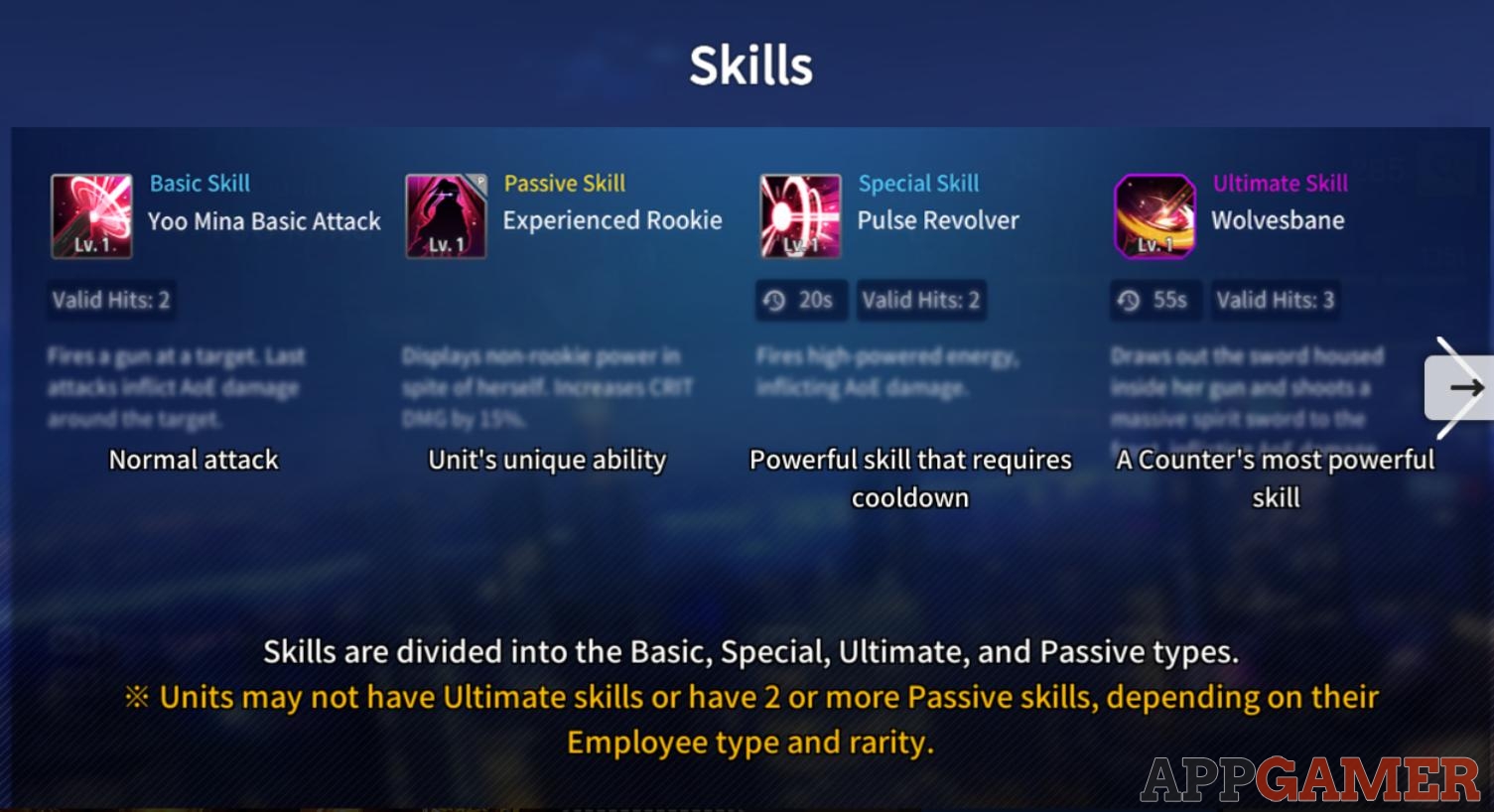In this captivating exploration, we delve into the realm of Level Up with Skills Chapter 41, where the secrets to unlocking your full potential await. Through a blend of practical strategies and inspiring case studies, this chapter empowers you to embark on a transformative journey of skill acquisition and professional growth.
As we progress, we will uncover effective methods for identifying skill gaps, crafting personalized training plans, and leveraging the power of mentors, coaches, and online learning platforms. Together, we will explore the latest advancements in technology that are revolutionizing skill development, opening up new avenues for growth.
Skill Enhancement Strategies

Skill enhancement involves identifying skill gaps, developing training plans, and engaging in skill-building activities. It plays a crucial role in personal and professional growth, enabling individuals to adapt to evolving job demands and stay competitive in the dynamic job market.
Effective skill enhancement strategies involve a systematic approach to identify skill gaps, develop personalized training plans, and implement skill-building activities. These strategies leverage various resources such as mentors, coaches, and online learning platforms to facilitate skill development.
Identifying Skill Gaps
Identifying skill gaps is the first step in skill enhancement. This involves assessing current skills and comparing them to the requirements of target roles or desired career paths. Self-assessment tools, feedback from colleagues or supervisors, and industry research can help individuals identify areas for improvement.
Once skill gaps are identified, individuals can develop personalized training plans that Artikel specific actions to bridge these gaps. These plans should include a combination of formal training, on-the-job learning, and self-directed learning.
Skill-Building Exercises and Activities
Skill-building exercises and activities can be implemented at various levels of expertise. For beginners, workshops, online courses, and hands-on projects can provide a structured learning environment. As individuals progress, they can engage in more advanced activities such as shadowing experienced professionals, taking on leadership roles, or participating in industry conferences.
Role of Mentors, Coaches, and Online Learning Platforms
Mentors, coaches, and online learning platforms play a significant role in skill development. Mentors provide guidance and support, while coaches offer personalized training and feedback. Online learning platforms offer a wide range of courses and resources that can be accessed at the learner’s own pace.
By leveraging these resources, individuals can enhance their skills, stay competitive in the job market, and achieve their career goals.
Case Studies of Successful Skill Acquisition

Let’s delve into real-world examples of individuals and organizations that have effectively leveled up their skills, examining the specific strategies and approaches they employed to achieve their goals. By identifying common patterns and best practices, we can gain valuable insights for our own skill enhancement journeys.
Case Study: Google’s Upskilling Program
Google, renowned for its commitment to employee development, implemented a comprehensive upskilling program to empower its workforce with in-demand skills. The program focused on providing employees with access to online courses, workshops, and mentorship opportunities. By investing in skill development, Google fostered a culture of continuous learning and innovation, enabling its employees to adapt to the rapidly changing technological landscape.
Technology-Driven Skill Enhancement

The digital age has ushered in a plethora of technological advancements that are revolutionizing the way we acquire skills. From online learning platforms to virtual reality training simulations, technology is playing an increasingly vital role in accelerating skill development.
Online Learning Platforms
Online learning platforms such as Coursera, Udemy, and edX offer a vast array of courses taught by experts in various fields. These platforms provide flexible learning schedules, affordable pricing, and interactive content that cater to different learning styles.
Virtual Reality Training Simulations
Virtual reality (VR) training simulations immerse learners in realistic environments, allowing them to practice skills in a safe and controlled setting. VR simulations are particularly effective for training in high-risk or complex procedures, such as surgery or piloting.
Potential Benefits of Technology-Based Skill Development
- Increased accessibility and flexibility
- Reduced costs and time commitment
- Personalized learning experiences
- Enhanced engagement and motivation
Challenges of Technology-Based Skill Development, Level up with skills chapter 41
- Digital literacy and access barriers
- Quality control and assessment challenges
- Potential for isolation and lack of human interaction
Creating a Culture of Continuous Learning: Level Up With Skills Chapter 41

Fostering a culture that values continuous learning and skill development is paramount for organizational success in today’s dynamic business landscape. Employees who are continuously learning and acquiring new skills are more adaptable, innovative, and productive, ultimately contributing to the organization’s overall growth and competitiveness.
Creating a supportive environment where employees are encouraged to pursue professional growth requires a multifaceted approach that involves leadership commitment, organizational policies, and a learning-oriented mindset among employees.
Leadership’s Role in Promoting a Learning Mindset
Leaders play a crucial role in shaping the organization’s learning culture. By demonstrating a commitment to continuous learning, leaders can inspire employees to embrace a growth mindset and prioritize skill development.
- Leaders should actively participate in learning and development initiatives, setting an example for others to follow.
- They should allocate resources for employee training and development, and encourage employees to pursue certifications and other forms of formal learning.
- Leaders should recognize and reward employees who demonstrate a commitment to learning and skill acquisition.
Conclusion

Throughout this chapter, we have emphasized the importance of fostering a culture of continuous learning, where curiosity and the pursuit of knowledge are celebrated. By embracing these principles, individuals and organizations alike can unlock their true potential, achieving remarkable success in an ever-evolving world.
As we close this chapter, let us remember that the journey of skill acquisition is an ongoing one. By embracing a growth mindset and dedicating ourselves to lifelong learning, we can continuously level up our skills, unlocking new opportunities and reaching unprecedented heights.
FAQ Guide
What are some effective strategies for identifying skill gaps?
Conduct self-assessments, seek feedback from colleagues and supervisors, and compare your skills to industry standards.
How can I create a personalized training plan?
Identify your specific skill gaps, set realistic goals, and choose training methods that align with your learning style and preferences.
What is the role of mentors and coaches in skill development?
Mentors and coaches provide guidance, support, and accountability, helping you navigate your learning journey and achieve your goals.


